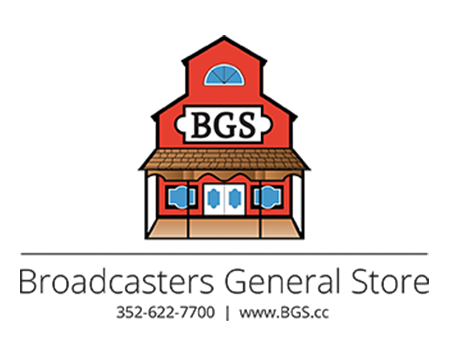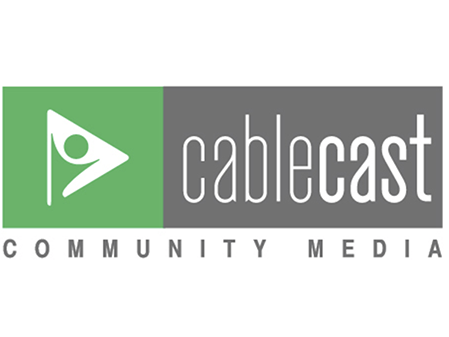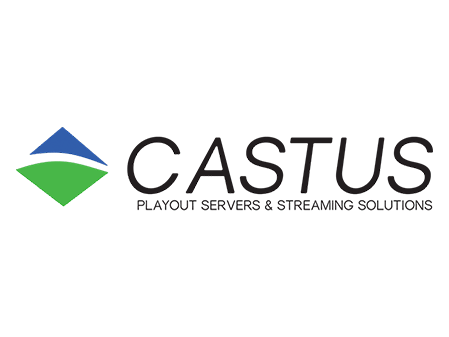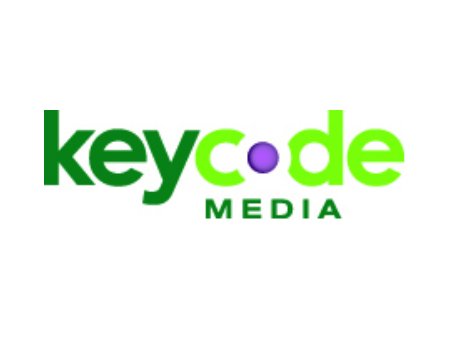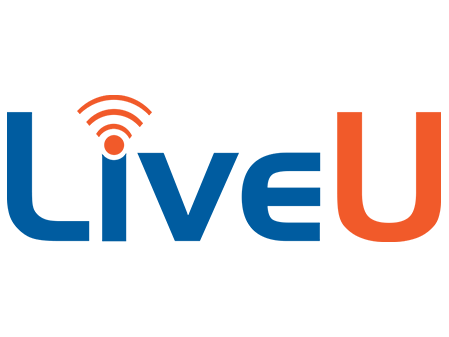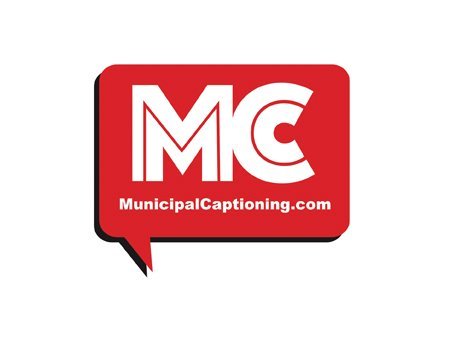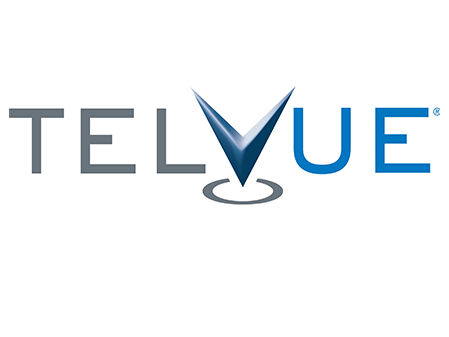FCC Rulemaking Advocacy
December 2018
FCC action threatens the existence of community access channels
The Federal Communications Commission is on the verge of reversing nearly forty years of settled law and local cable franchise contract practice by interpreting the Cable Act in a novel way to allow cable companies to charge cities for public, education, and government (PEG) access channels and to place harsh restrictions on how PEG fees are used. While Wisconsin cities are unable to collect PEG fees from subscribers due to the state cable franchise law here, they will be affected if cable companies like Charter Spectrum, which covers nearly all of the state, start charging cities for cable access channels.
A key purpose of the 1984 Cable Act as amended is to ensure communities can use cable television for their needs. Another is to encourage a diversity of sources of information on cable systems. By considering a proposal that would make cities pay for the channels they use and reduce the funding for community television in this rulemaking (Second Further Notice of Proposed Rulemaking, MB Docket No. 05-311), the current FCC is clearly showing that it rejects these fundamental public interest goals.
The Commission is grasping for some rationale to bend the plain meaning of the law. The beneficiaries of this proposal are cable companies, whose expenses will be reduced and profits increased if they no longer are required to set aside channels and collect fees to support the capital needs of PEG media centers. Cable subscribers will not pay any less for cable service, but they will lose the only channels on the lineup that extensively cover their communities.
To see a list of WCM-member community media centers affected by this rulemaking, go here.
Urge your Member of Congress to write the FCC.
Wisconsin Community Media is strongly opposed to the stance the FCC is taking. While the public comment period is over in the rulemaking (Second Further Notice of Proposed Rulemaking, MB Docket No. 05-311), WCM is urging people to contact their Members of Congress about their concerns for community television and to ask them to write a letter to FCC Chairman Ajit Pai.
To quickly email a prewritten comment to your Member of Congress that you can edit, go to this letter generator that the Alliance for Community Media, our sister organization, has set up. When you put in your zip code, it will automatically send your comment to your own Member of Congress.
We are thrilled to report that three members of the Wisconsin delegation have written letters to the FCC about our concerns: Senator Tammy Baldwin, Representative Mark Pocan and Representative Gwen Moore. (See their letters below and the response from Chairman Pai.)
What others have said to the FCC in rulemaking comments
Letter from U. S. Representative Mark Pocan (WI - 2) FCC Chairman Pai response
Letter from U. S. Representative Gwen Moore (WI-4) FCC Chairman Pai response
Wisconsin Community Media and the League of Wisconsin Municipalities
NATOA, US Conference of Mayors, et. al.
Alliance for Community Media - The “CAPA” filing referred to in the ACM Reply Comments
Atty. Joe Van Eaton and Gerry Lederer on behalf of cities
Bradley Group (includes the Wisconsin cities of West Allis, Watertown, Oregon, and New London)
Anthony Palmeri of Oshkosh (copied from FCC’s “express” message window)
Antoine Haywood (copied from FCC’s “express” message window)
Higher Education Channel, St. Louis, MO
Village of Northbrook, Illinois
Jersey Access Group and others
All Comments submitted to the FCC (the FCC’s searchable database)
Cable industry comments - What advocates need to “reply” to:
National Cable Television Association
“We may be seeing the end of one of the guiding principles of FCC regulation - promoting localism in media — and the idea that mass media owners have a public interest obligation. This rulemaking could result in cable operators being able to deduct from franchise fees all in-kind contributions — including the value of cable access channels. Given tight city budgets, such an outcome would likely force many cities to give up their access channels entirely. It would truly be a loss for public information sharing. - Mary Cardona, Executive Director, WCM”

